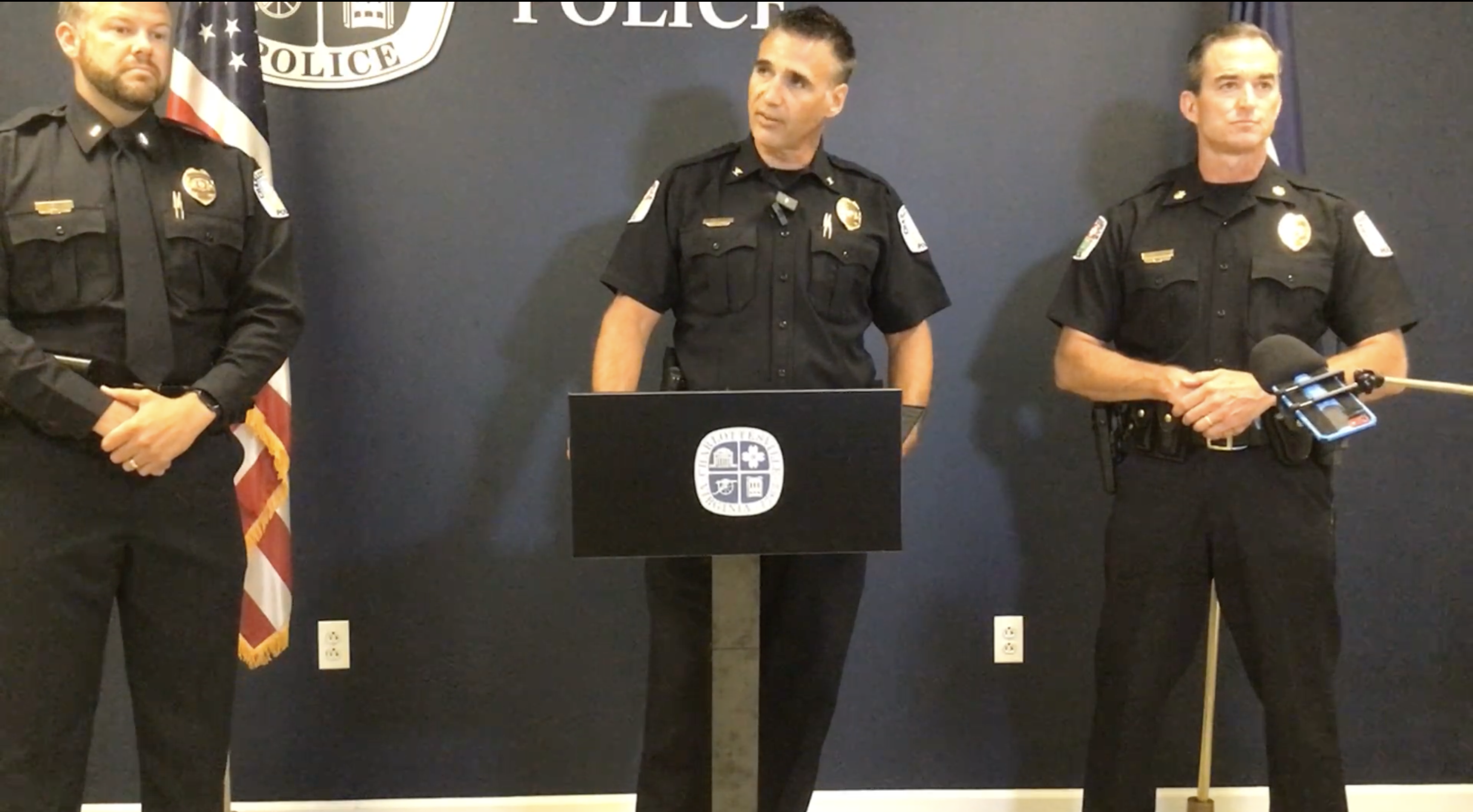Virginia’s ban on a specific type of abortion procedure (which the General Assembly called “partial birth infanticide”) may go into effect after all. The 2003 law, which made it a Class 4 felony for a person to perform a procedure known commonly as “intact dilation and evacuation” or “intact D&E,” was ruled unconstitutional by the 4th Circuit Court of Appeals in Richmond in 2005. The three-judge panel, made up of two Clinton appointees and one appointee of President George W. Bush, overturned the Virginia law under U.S. Supreme Court precedent because the ban did not provide an exception to protect a woman’s health. In a 5-4 decision on April 18, however, the United States Supreme Court upheld a similar federal ban (the 2003 Partial Birth Abortion Ban Act), which also lacks a health exception. The Supreme Court has since vacated the 4th Circuit’s decision and sent the Virginia case back to the Richmond panel for review in light of the ruling in the federal case. If the Virginia ban goes into effect, it will subject doctors who perform the procedure to state as well as federal prosecutors.
 Dawn of an error: The newly constituted Supreme Court, under Chief Justice Roberts, has begun chipping away at its own abortion rights precedent and your private relationship with your doctor. |
The procedure at issue is a rarely performed form of abortion for pre-viability pregnancies in the second trimester. Ann O’Hanlon, executive director of NARAL Pro-Choice Virginia, says an abortion is performed at that stage “usually because there is some sort of abnormality in the fetus,” often determined when a women receives bad results from an amniocentesis. The American College of Obstetricians and Gynecologists, which represents 90 percent of the OB GYNs in this country, says intact D&E is a medically necessary option in cases where a woman is suffering from a condition that makes other second-trimester procedures dangerous. Intact D&E involves partially extracting the fetus and puncturing the skull to remove tissue and make removal of the fetus easier.
Is the Supreme Court’s decision to uphold the federal ban on a specific procedure without a health exception a major victory for abortion opponents? Marnie Deaton, spokesperson for the Virginia Family Policy Network, says, “[T]he truth is that there are other, more gruesome and painful procedures that will replace the [intact D&E] procedure.” But NARAL’s O’Hanlon expects abortion opponents like Virginia Delegate Robert Marshall will be energized by the decision and seek additional legislative restrictions on specific procedures—all in an effort to undermine the constitutional right to an abortion under Roe v. Wade and ensure that legislators in Richmond rather than a woman’s doctor will determine what is in her medical best interest.
C-VILLE welcomes news tips from readers. Send them to news@c-ville.com.





